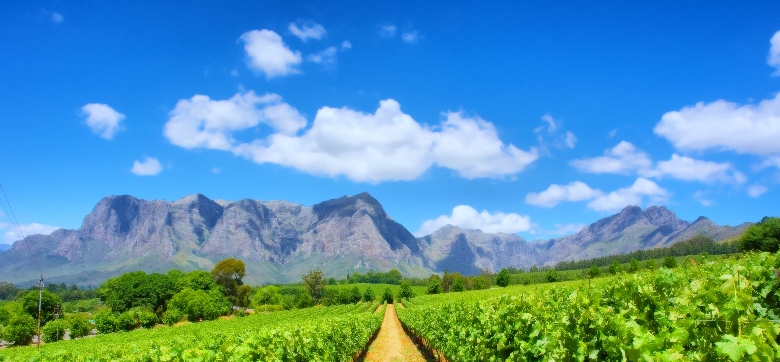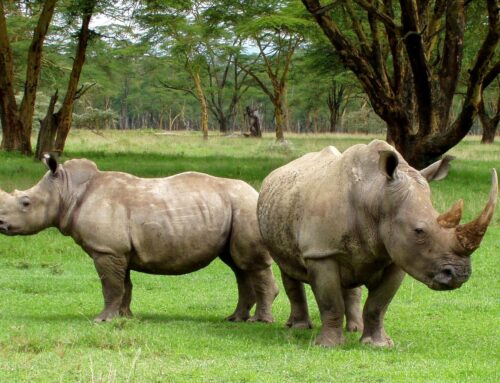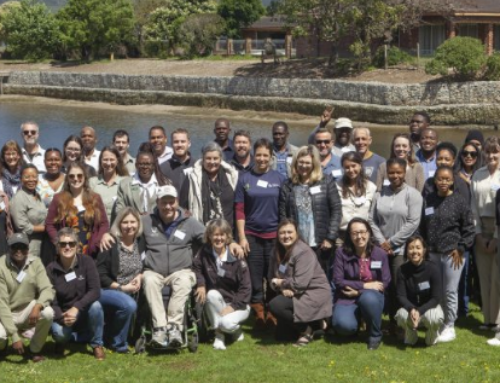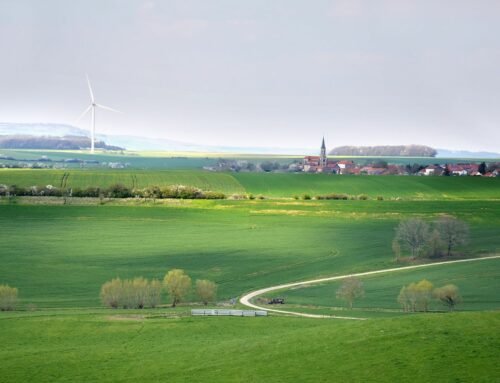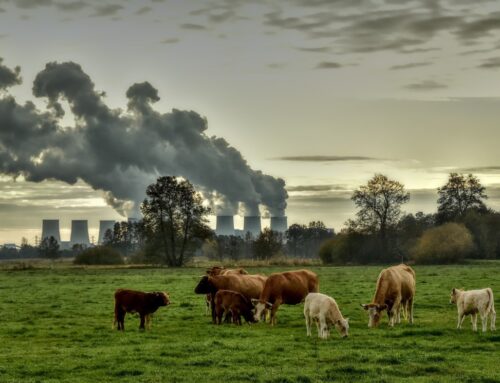We are delighted to announce the first call for abstracts to the international conference PECS 2015: Social-ecological dynamics in the Anthropocene held in Stellenbosch, November 3-5 2015.
Deadline for session proposal submission is May 11th, and the deadline for talk submission is June 15th.
For more details visit the conference website – www.pecs2015.org
About the conference:
PECS 2015 will gather scientists from various disciplines, from within and beyond the PECS network, to share cutting-edge research insights on social-ecological dynamics in the Anthropocene. The conference will engage and involve multiple stakeholders concerned with sustainable development and who are interested in developing new solutions and strategies. The conference is intended to highlight PECS achievements and ambitions, and to synthesize and integrate PECS-related research to provide a basis for a future social-ecological research agenda, especially in light of Future Earth.
PECS 2015 will be complemented by several side events such as topical workshops with regional focus and methods workshops. It will also include a science-policy-practice dialogue, involving a total of around 100 participants, building on a South African series of workshops and the broader Future Earth project on “Seeds of the Good Anthropocene”.
The conference format will enable vibrant conversations and ensure a maximum exposure to different perspectives, allowing for innovative ideas and new collaborations to emerge. It will include both conventional and unconventional meeting features, which will be tailored to the conference objectives, particularly the need for transdisciplinary dialogue across and beyond academic disciplines. This will include short plenary talks, workshops, synergy/output sessions, traditional sessions, open-space (show and tell time), poster sessions and speed talk sessions. The design will allow for deeper conversations around participants’ areas of expertise.
The conference will invite sessions and talks under these four overarching themes:
- Thresholds, traps and transformations in social-ecological systems.
- How governance and institutions affect social-ecological systems, including capacity for learning and transformations.
- Social-ecological dynamics of ecosystem services: synergies, trade-offs and links to human wellbeing.
- Cross-scale connections and feedbacks that impact structure and dynamics of social-ecological systems.


